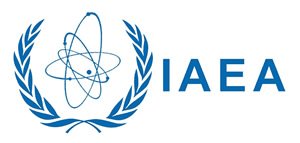RSS feed source: National Science Foundation
As a new or existing federal employee, you and your family may have access to a range of benefits. Your benefits depend on the type of position you have – whether you’re a permanent, part-time, temporary or an intermittent employee. You may be eligible for the following benefits, however, check with your agency to make sure you’re eligible under their policies.
You are strongly encouraged to submit all required documents at the time you submit your resume. Cover letters are optional.
• You MUST submit your official or unofficial college transcripts, including your GPA, with your application. This office will be unable to determine qualification eligibility without transcripts. Applications without transcripts are incomplete applications and will be rated “INELIGIBLE”. Transcripts will NOT be accepted after the closing date of this announcement.
• You MUST provide proof of enrollment for the current Fall 2019 academic term
Click this link to continue reading the article on the source website.
